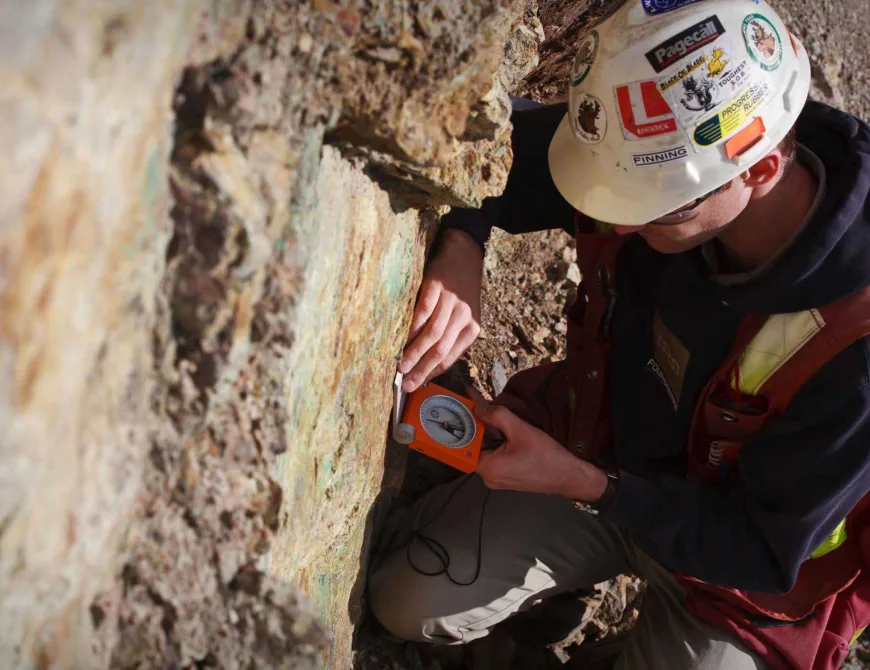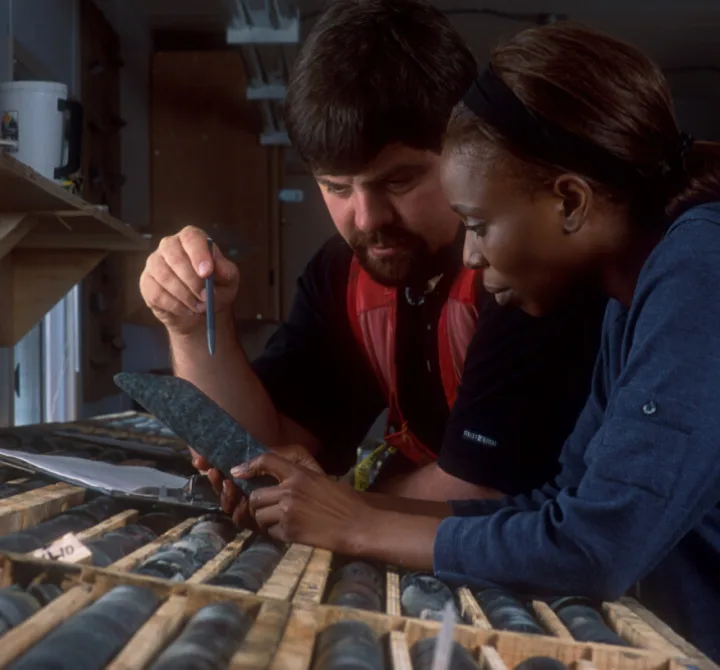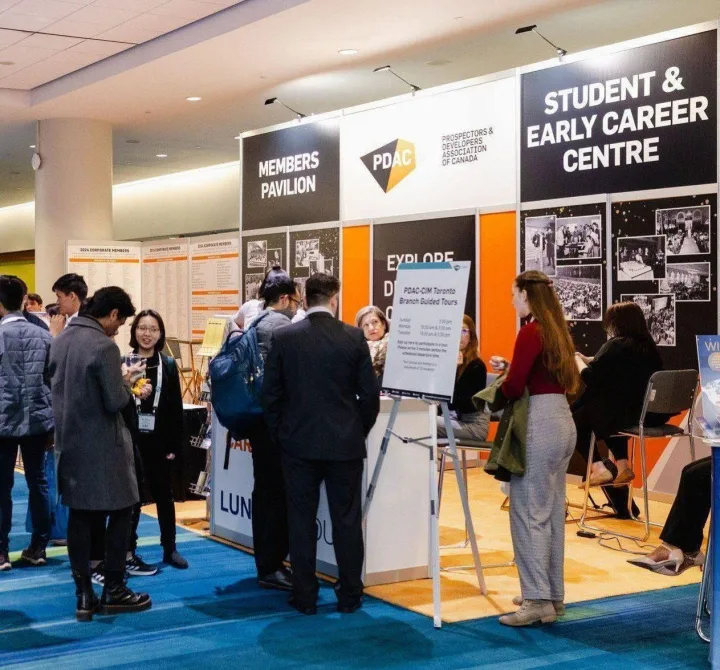

Career & Networking
PDAC Student Membership
Renew or become a new student member by completing our online application form or by submitting a PDF application.
Education & Work Integrated Learning (WIL)

Labour Market Research
Research conducted by PDAC and MiHR

